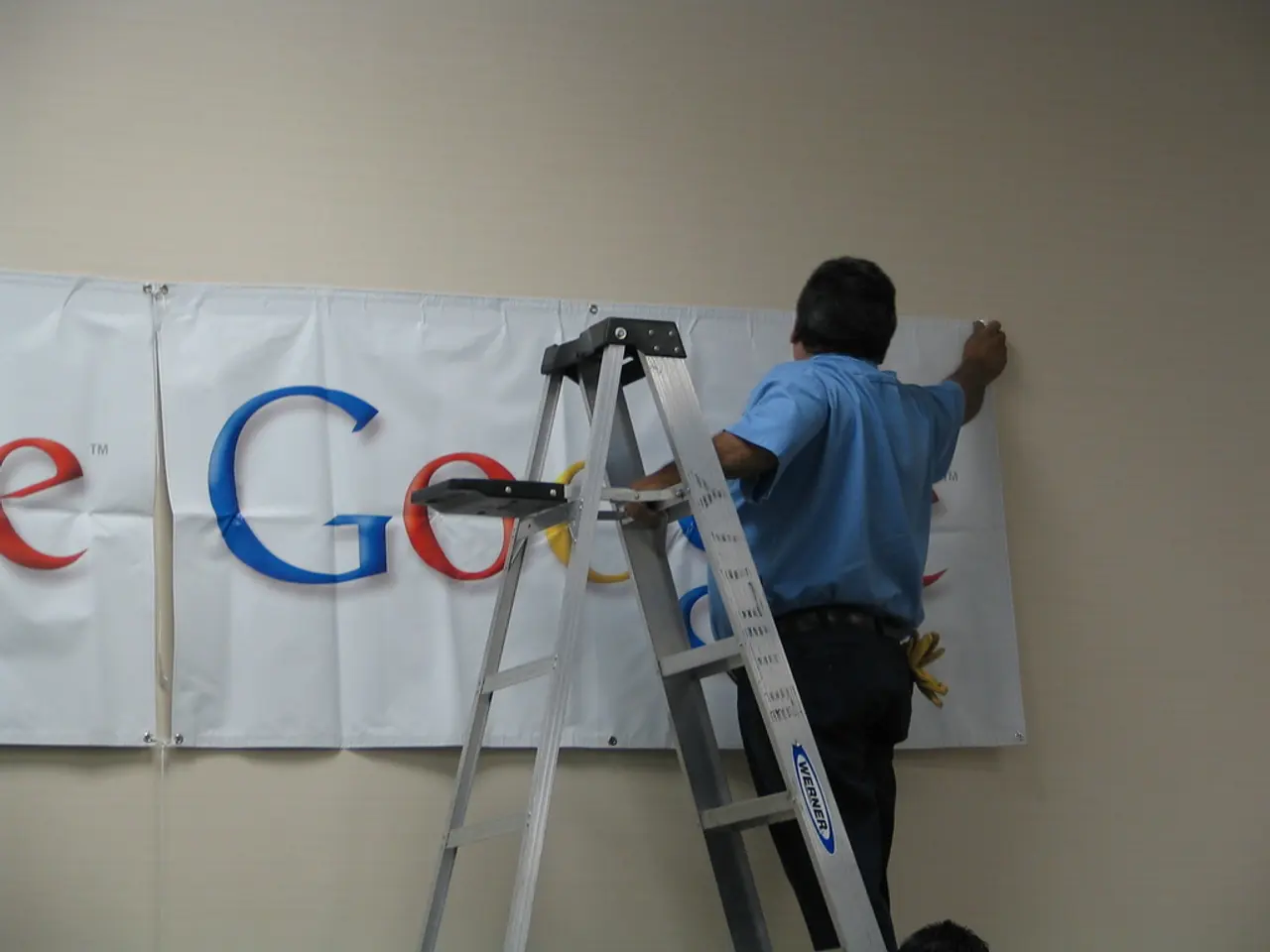Google abstains from selling Chrome, yet faces fresh limitations due to antitrust verdict
In a landmark decision, U.S. District Judge Amit Mehta has ruled against Google in the antitrust case brought by the Justice Department, marking the most significant action against a technology company since the case against Microsoft roughly 25 years ago.
The ruling, which stems from a 2020 lawsuit alleging Google maintained its dominance in internet search through anticompetitive practices, has been viewed as relatively favorable by investors. The U.S. District Judge Amit Mehta's decision sent Alphabet shares surging 8% in after-hours trading.
However, the judge has not imposed the most severe proposed remedies, rejecting the Justice Department's demands for Google to sell its Chrome browser or Android operating system. Instead, Google will be required to share certain search index data and user interaction data with competitors, on "ordinary commercial terms that are consistent with Google's current syndication services."
Google can continue making payments to distribution partners for preloading or placing Google Search, Chrome, or its artificial intelligence products. The judge has preserved Google's lucrative arrangement with Apple, where Google pays billions annually to remain the default search engine on iPhones.
The ruling also bars Google from entering exclusive contracts that make its search engine the default option on browsers and smartphones. However, the U.S. District Judge Amit Mehta's ruling did not include a contingent divestiture of the Android operating system in the final judgment.
Google has announced plans to appeal the ruling, which could delay implementation of any penalties for years. The company's legal battles continue across multiple fronts, including separate cases involving its mobile app store and advertising technology practices.
It is important to note that Google did not use its Chrome browser or Android operating system to effect any illegal restraints in the case. Advertising data remains protected in the data sharing requirements.
The ruling marks a crucial development in ongoing regulatory scrutiny of major technology companies. Judge Mehta ordered both parties to meet by September 10 for final judgment proceedings. The last decision in the dispute against Google regarding anticompetitive practices, made by the European Commission, is scheduled for November 2024.
In August 2021, Google was found to have violated the Sherman Antitrust Act by operating an illegal monopoly in online search. This decision, while not as severe as the Justice Department had sought, represents a significant step towards ensuring fair competition in the technology sector.







